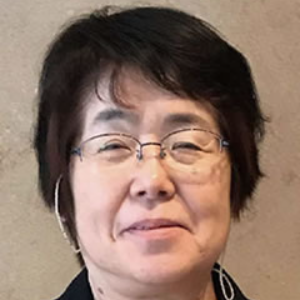Title: Challenges of mid-career nurses in Covid-19 pandemic: Effectiveness of servant leadership education.
Abstract:
Background
As the Covid-19 pandemic dragged on, the nurses on the front lines seemed to more exhausted by the day. Under such circumstances, it was expected to encourage to communicate between nurses and patients, colleagues, physicians, and others, and to create a mutually empowering workplace atmosphere. Research objective We conducted educational sessions on servant leadership to enable employees to take leadership in changing the climate of the workplace to a warmer atmosphere during a pandemic, and examined the effectiveness of this education.
Research Methodology
Fourteen mid-career nurses (13 female, 1 male) working in a hospital with Covid-19 patients were participate 5 educational sessions. The course took place over three months, the program included medical ethics, servant leadership, case studies of ethical issues, facilitation in ethics conferences, team medicine, and fostering an ethical organizational climate. Quality analysis along with the four dimensions of education “knowledge”, “skills”, “character”, and “meta-learning was used for clarify their awareness and behaviors changesbetween pre and post sessions by their submitted descriptions 1). This study was approved by the Research Ethics Review Board of the Faculty of Nursing and Medical Care at KeioUniversity (# 292).
Results
As a representative description, participants were aware of the importance of "thinking for themselves" by comparing the "knowledge" they learned during the pandemic with their own clinical experiences. In addition, to improve the atmosphere in he busy and tense workplace, participants utilized communication "skills" to understand the thoughts of others as leaders, which facilitated communication throughout the ward and transformed the atmosphere into one in which nurses could talk honestly with each other. As for "Character," the idea had shifted to that if you do nothing in the workplace you won't make waves, but that being able to say what needs to be said when and where it needs to be said, while acknowledging the values of others,is the way a nurse should be. The goal of "meta-learning" was to rediscover the joy of knowing through this study, to reflect on one's own words and actions, to be aware of and practice greeting others with a smile and praising them, and to create a warmatmosphere in one's workplace.
Conclusion
Learning about servant leadership and ethical work climate has changed the participants' awareness and behavior in the workplace. The challenge for the future is to foster a work climate in which nurses continue to learn and improve their nursing practice.
1) Fadel C, et al. Four-Dimensional Education?The Competencies Learners Need to Succeed. Lightning Source?2015.



